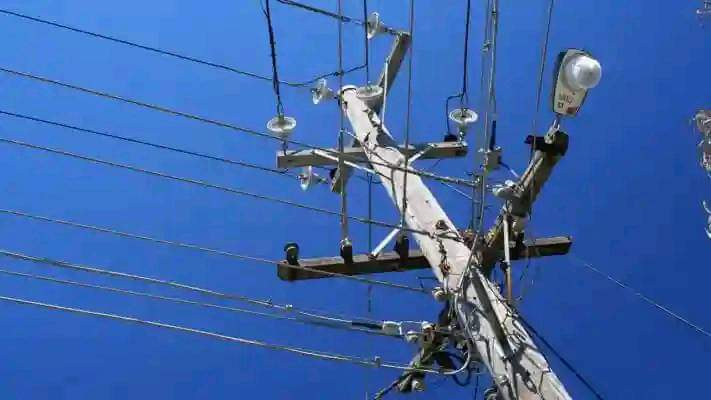The national electricity grid suffered yet another collapse on Saturday, plunging the entire country into darkness. Data from the Nigerian System Operator’s portal showed that the grid recorded zero megawatts (MW) as of 9:10 AM.
This latest collapse marks the third time in just one week that the grid has failed. In total, the national grid has collapsed eight times in 2024, with earlier incidents recorded on February 4, March 28, April 15, July 6, and August 5. Most recently, Nigerians experienced blackouts on October 14 and October 15.
Despite earlier assurances of improvement, the Transmission Company of Nigeria (TCN) stated on May 1 that the frequency of system collapses had significantly reduced. According to Ndidi Mbah, TCN’s spokesperson, grid disturbances declined by 76.47% over the past five years.
In response to the persistent failures, Adebayo Adelabu, the Minister of Power, acknowledged that the aging infrastructure of the national grid makes such breakdowns unavoidable. He emphasized the need for increased investment in the country’s power infrastructure to prevent future collapses.
Adelabu also called for decentralization within the power sector. He advocated for the establishment of multiple regional grids to ensure that power failures in one area do not lead to nationwide outages.
The Minister further explained that under the current system, Nigeria relies on a single grid, meaning that disturbances at any point on the grid affect all 36 states. However, the recently passed Electricity Act has begun to decentralize power, empowering state and local governments to participate in electricity generation, transmission, and distribution.
